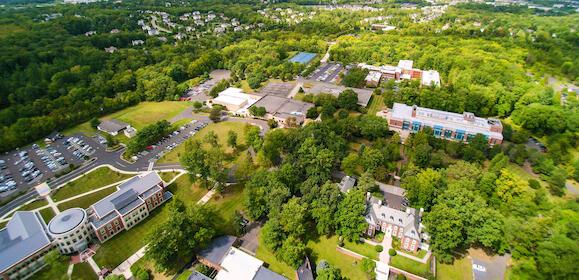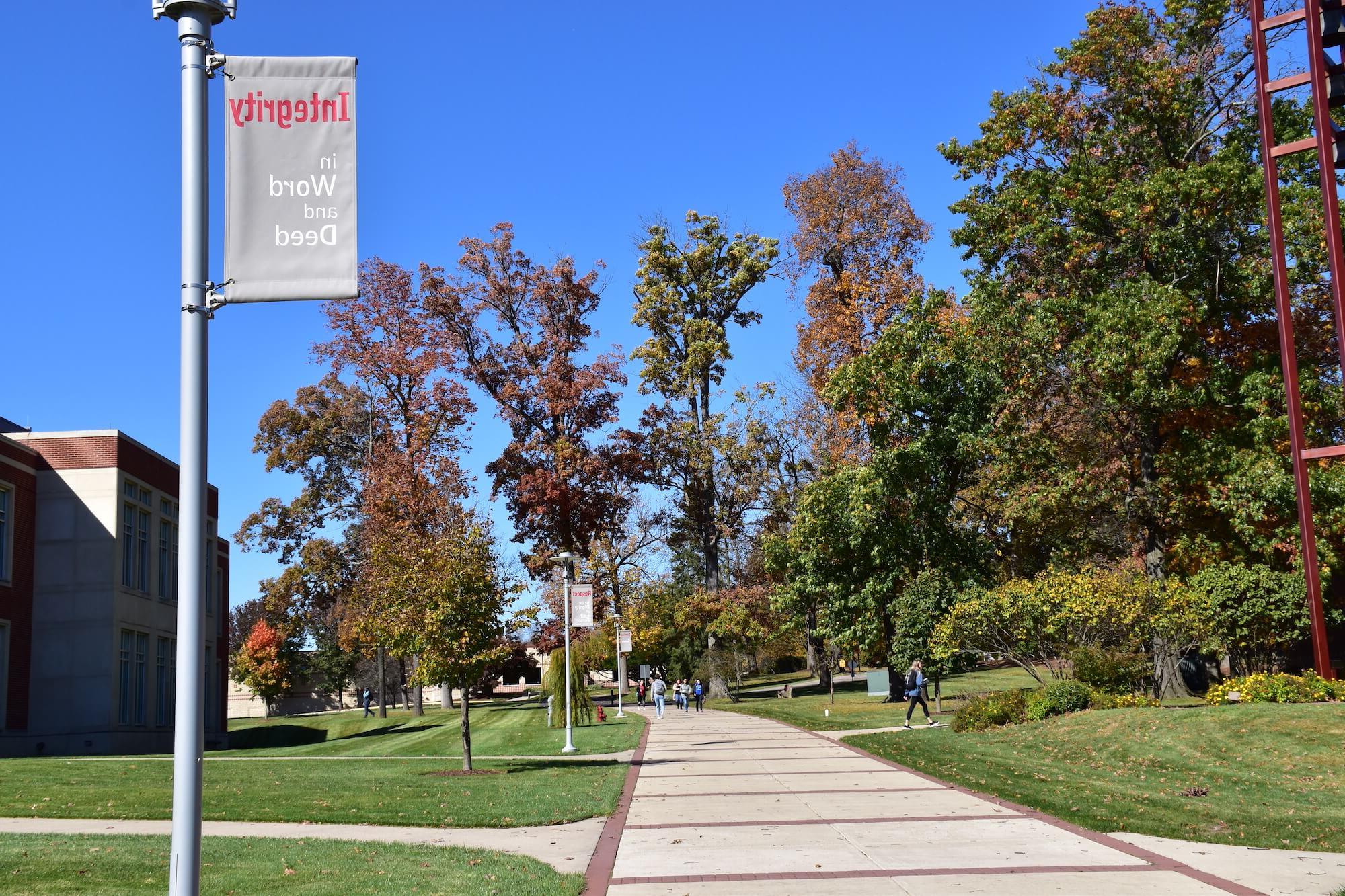Alcohol and Other Drug Services
Hours: Monday - Friday, 8:30 a.m. - 4:30 p.m.
Location: Griffin Complex, 2nd floor (side hallway near windows)
Contact us: aod@orkexpo.net
Follow us on Instagram: @gmercyucounselingservices
At Gwynedd Mercy University, our alcohol and other drug services program is based on a model of care focused on prevention, early intervention and education. While we do not offer drug and alcohol treatment, we offer a holistic approach to health and well-being that is grounded in current research with evidenced-based health and mental health interventions. Incorporating R.A.I.S.E (Reducing Alcohol Incidents through Student Education) into our program supports our efforts to foster a healthy social and residential environment through education and programs. Additionally, R.A.I.S.E. seeks to correct the misperceptions of alcohol use on college campuses, and encourage healthy choice making.
Because our students are the main and primary focus of our program, it is important for us to be well informed and base our efforts off current student’s data and information. For that reason, our office obtains yearly student reported information on Alcohol & Drug Use, behaviors, and perceptions. You can review our most up-to-date statistics here:
Alcohol & Drug Use Stats (PDF)
Because our students are the main and primary focus of our program, it is important for us to be well informed and base our efforts off current student’s data and information. For that reason, our office obtains yearly student reported information on Alcohol & Drug Use, behaviors, and perceptions. You can review our most up-to-date statistics here:
Alcohol & Drug Use Stats (PDF)
The Drug Free Schools and Campuses Regulations (34 CFR Part 86) of the Drug-Free Schools and Communities Act (DFSCA) require an institution of higher education (IHE), such as Gwynedd Mercy University to certify it has implemented programs to prevent the abuse of alcohol and use or distribution of illicit drugs by Gwynedd Mercy University students and employees both on its premises and as a part of any of its activities.
At a minimum each institution of higher education must annually distribute the following in writing to all students and employees:
At a minimum each institution of higher education must annually distribute the following in writing to all students and employees:
- Standards of conduct that clearly prohibit the unlawful possession, use or distribution of illicit drugs and alcohol by students and employees;
- A description of the legal sanctions under local, state, or federal law for the unlawful possession or distribution of illicit drugs and alcohol;
- A description of any drug or alcohol counseling, treatment, or rehabilitation or reentry programs that are available to employees or students; and
- A clear statement that the institution will impose sanctions on students and employees and a description of those sanctions, up to and including expulsion or termination of employment and referral for prosecution, for violations of the standards of conduct.
- Determining the effectiveness of the policy and implementing changes to the alcohol and other drug programs if they are needed; and
- To ensure that the sanctions developed are enforced consistently.




